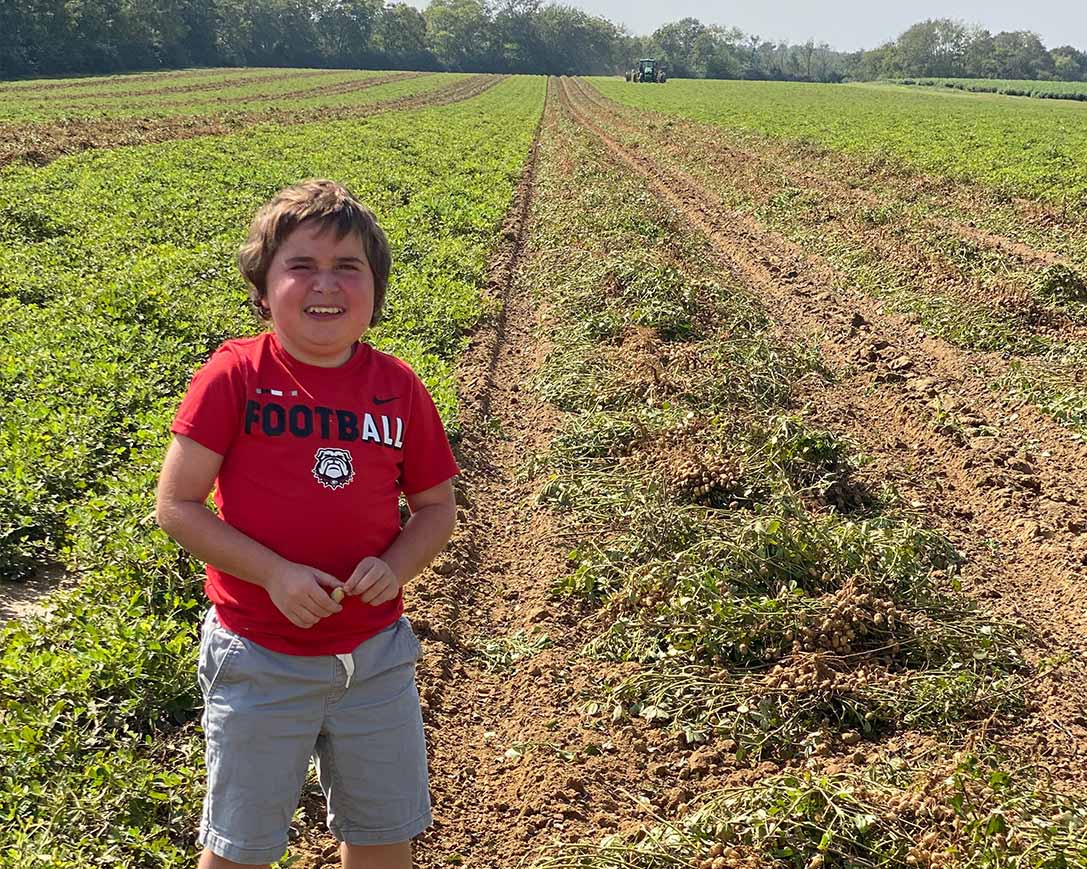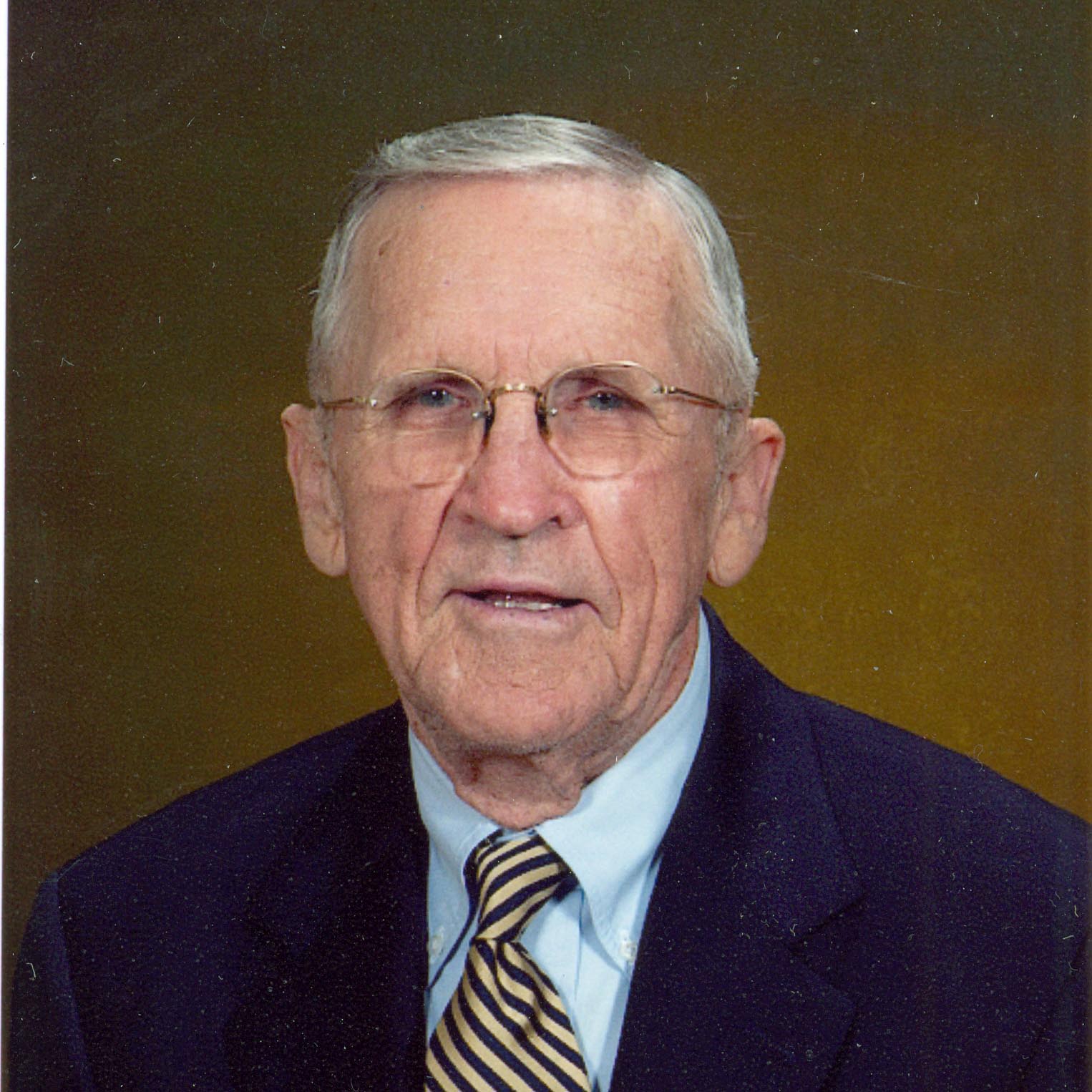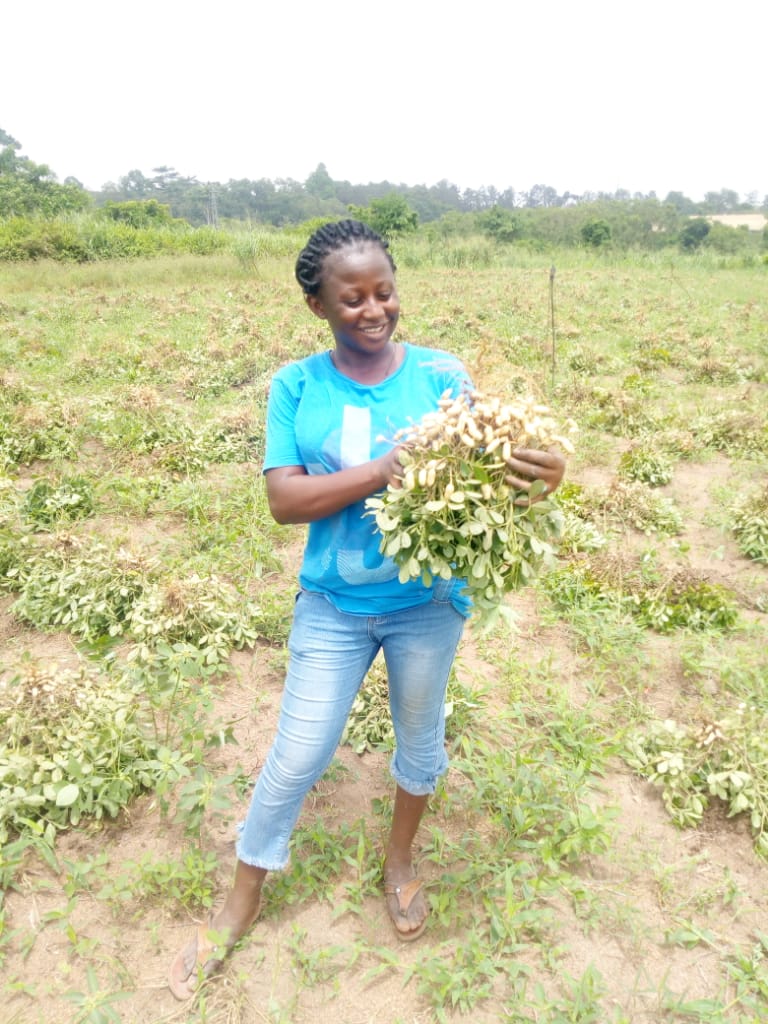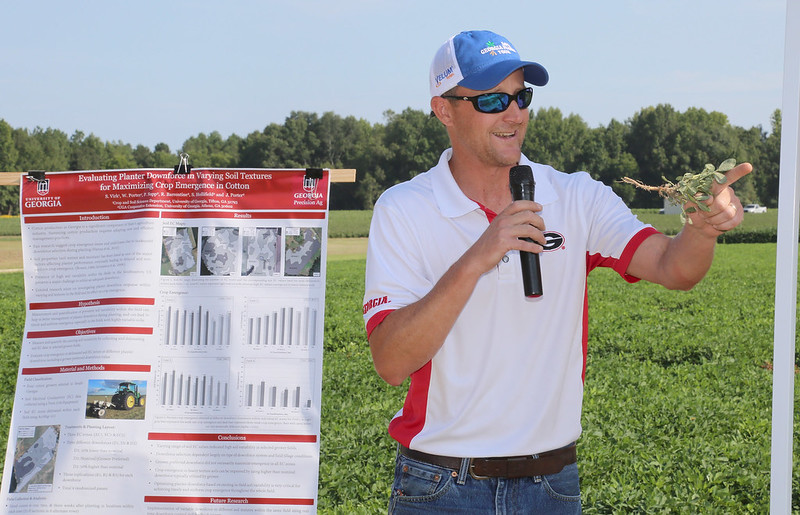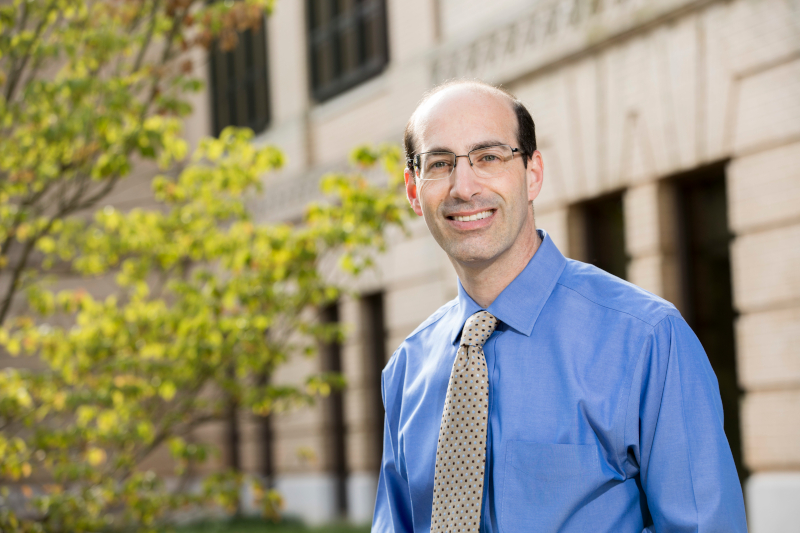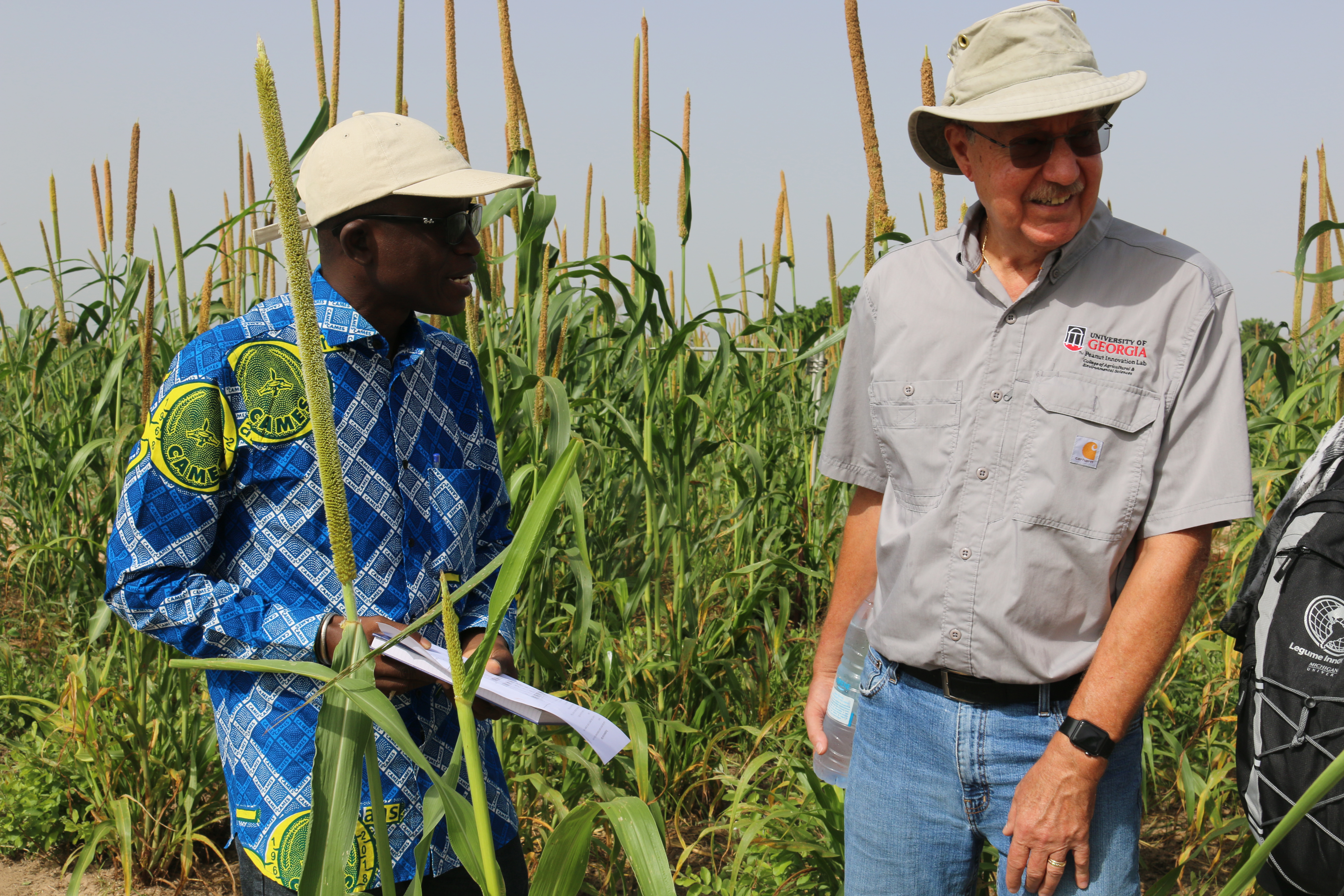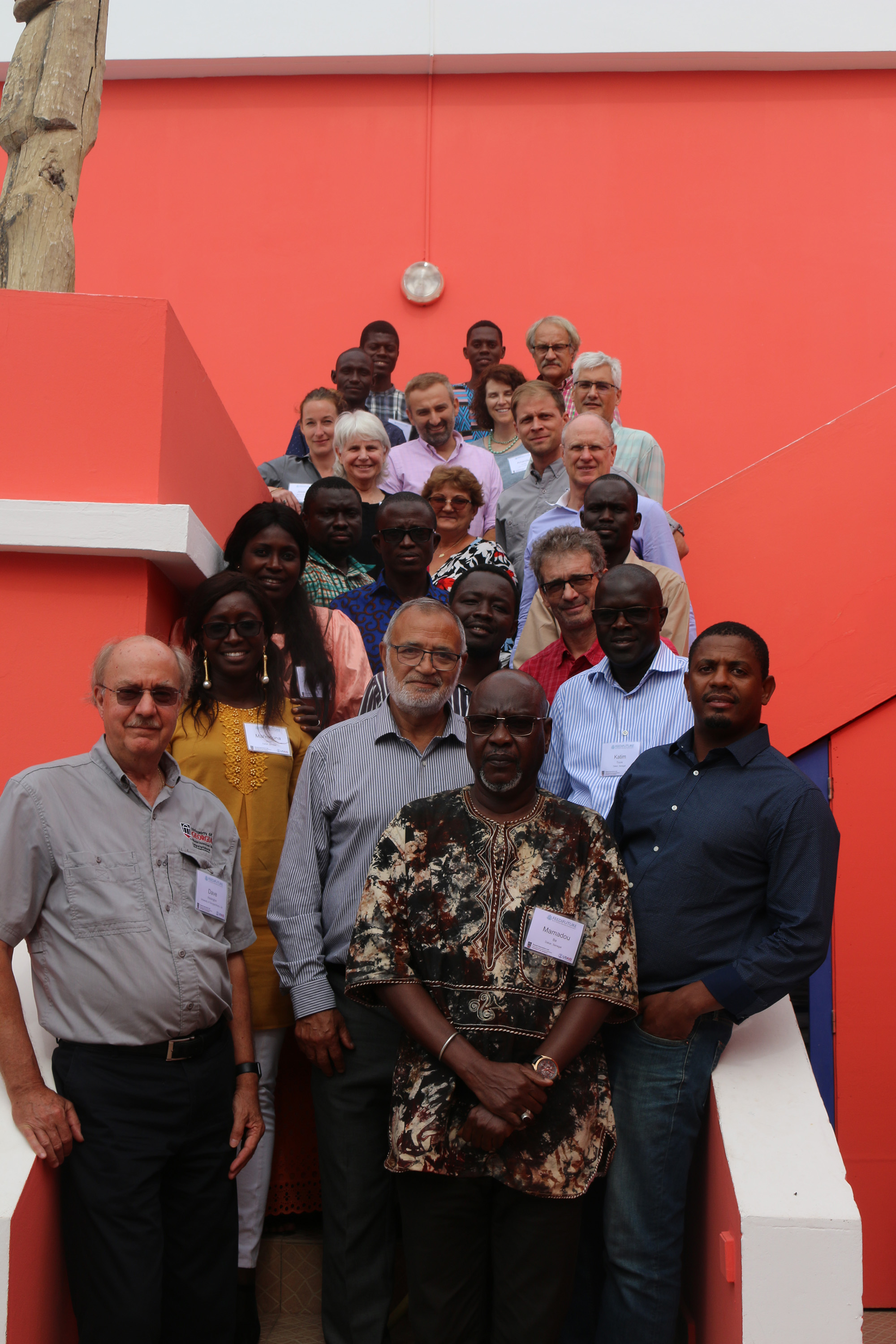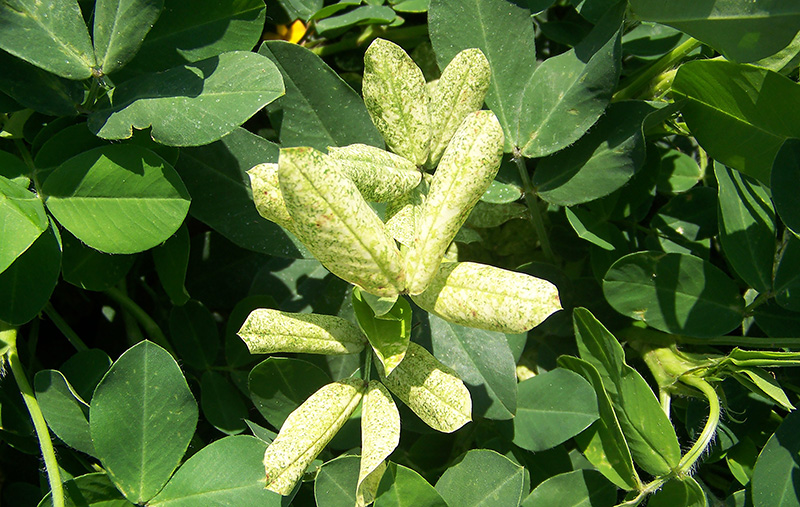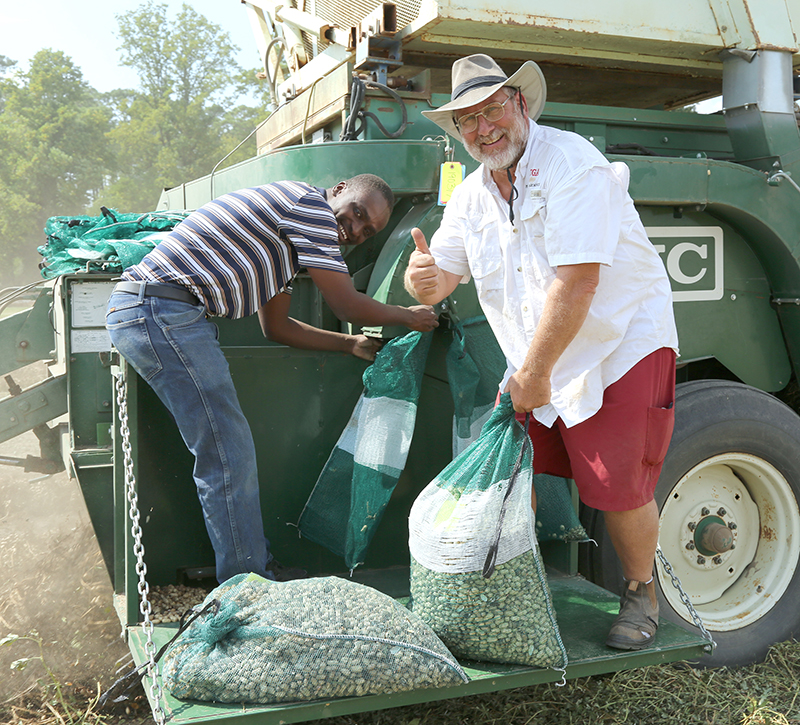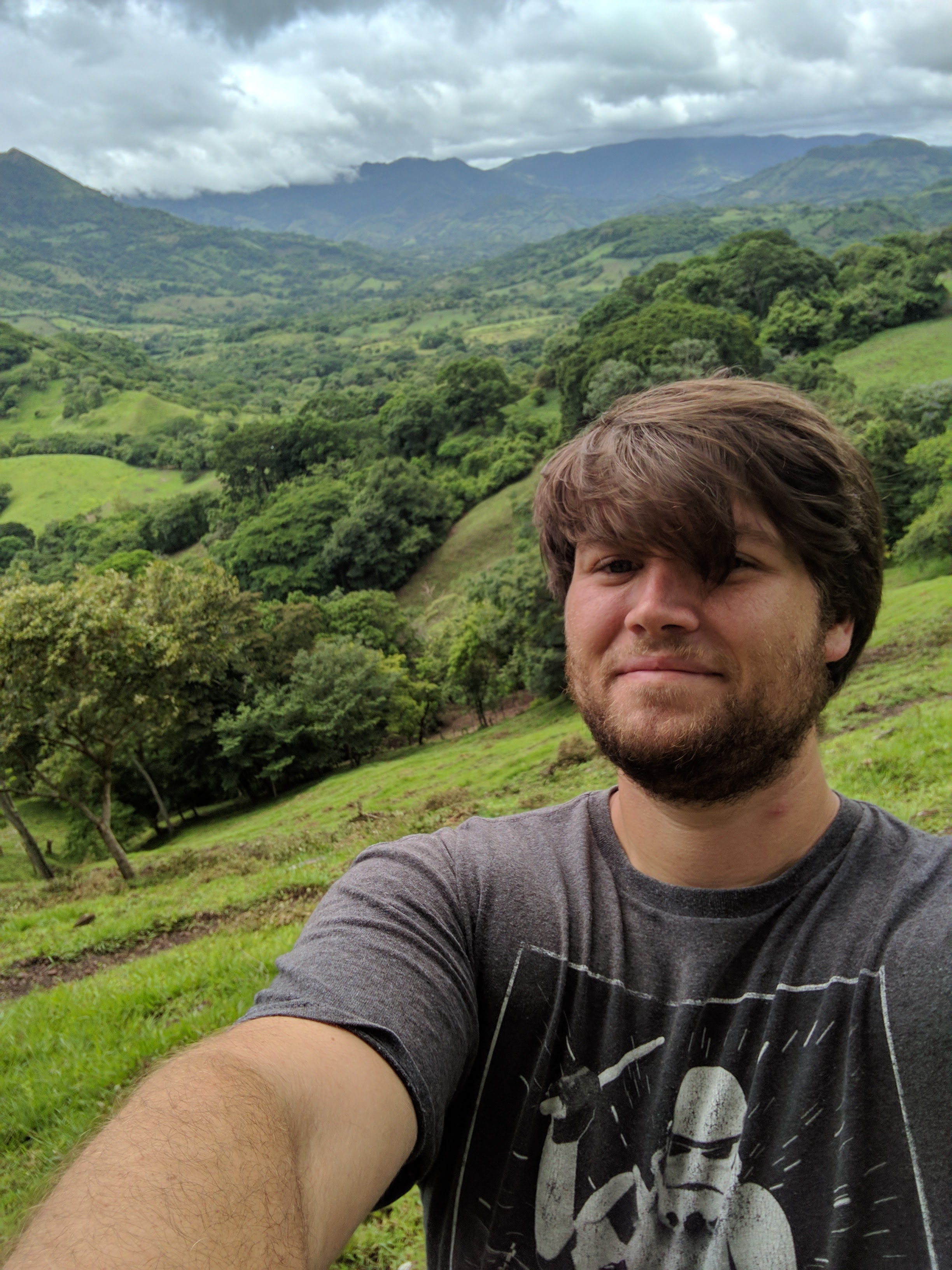 CAES News
CAES News
Student Profile: Sean Posey
Sean Posey didn’t see how agricultural economics would feed his love of math, but a decade into his grad school journey, he’s using those skills and interests to help improve farming practices in Africa. From information communication technologies to gender roles in information-sharing and incentivization programs that will improve groundnut health, Posey has been focused on improving agricultural practices and public safety for the past four years.
At the University of Georgia completing his PhD, Posey is working on a research project led by professor Nick Magnan through the Peanut Innovation Lab

